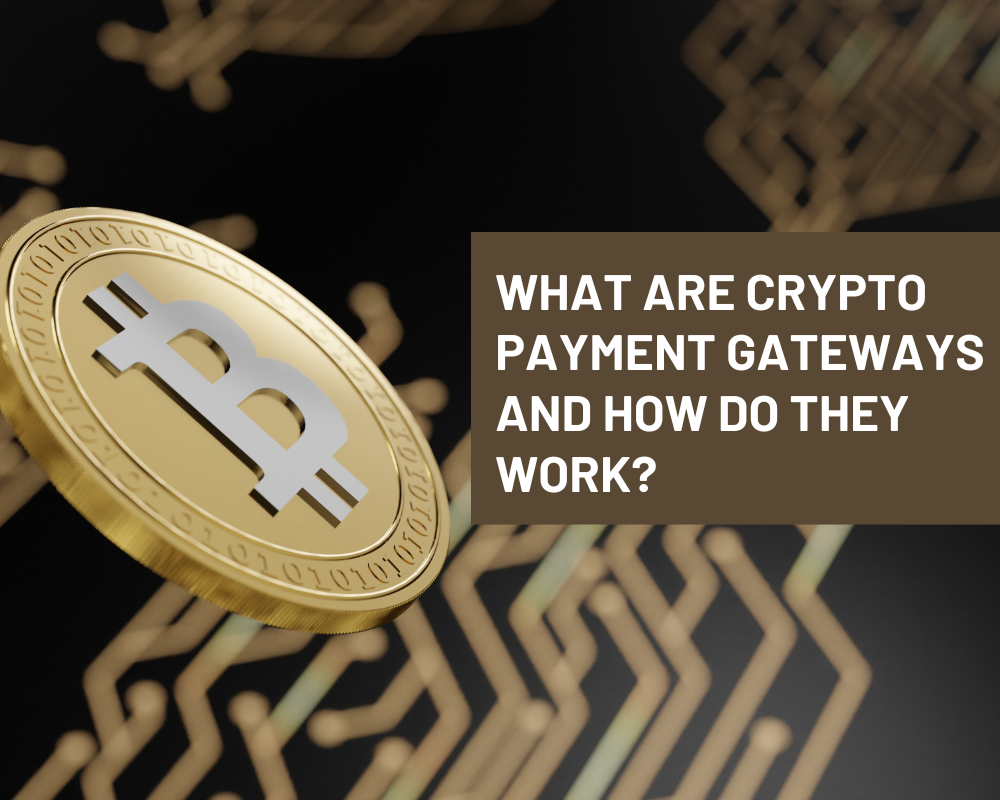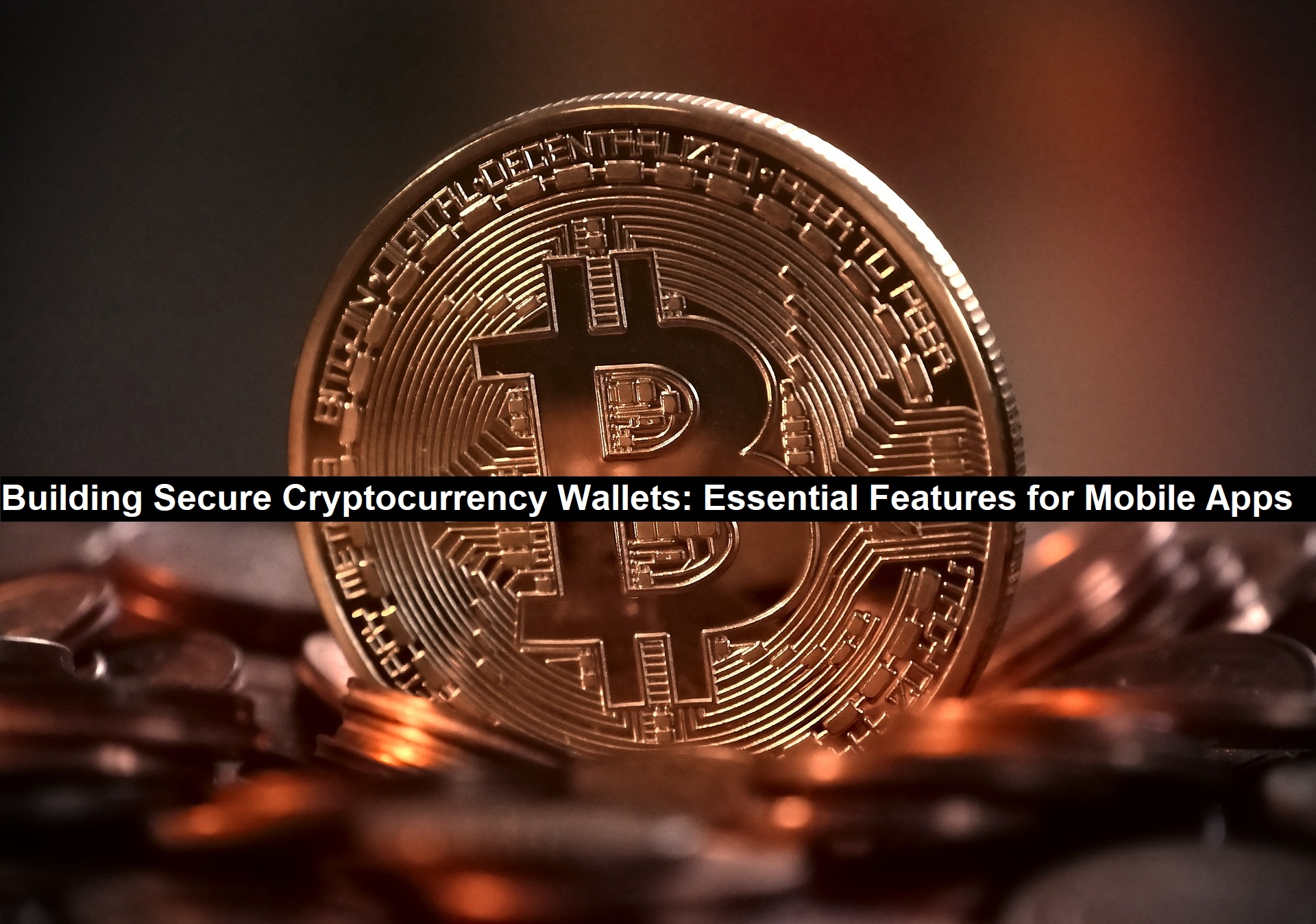Cryptocurrency was not an all-time favorite thing among individuals. Earlier, 1 in 100 invested in cryptocurrencies due to a lack of knowledge or associated risks. But, post the success of bitcoin, crypto coins gained fame in the market, and many organizations launched their crypto coins.
Do you know? In the USA, 1/10th of the youth are already holding cryptocurrencies. This ensures the popularity of cryptos and wallets. A crypto wallet is required to trade assets in cryptocurrency, which is why many entrepreneurs are building their own wallets to tease the process of buying and selling and ensure tight security.
Are you interested in creating a wallet to make transactions easier, faster, and more secure? Then, you are at the right place. In this blog, you will get to know each and every element of a crypto wallet.
Let’s explore:
What is a crypto wallet?
A crypto wallet is basically an app or software to store cryptocurrency securely. With simple access to sell or buy, the crypto wallet aids the owner in maintaining the safety and security of their digital currency. You can opt for any crypto wallet app development company that is experienced in creating such apps for the development of the platform since building a decentralized crypto wallet requires expertise because it will store cryptocurrency valued at millions of dollars.
Workflow of a Crypto Wallet
Are you excited to know the workflow of the crypto wallet?
In order to transact in cryptocurrency, you need your private key and your wallet address, also known as your open key or public key.
A public key represents a bank account number in innumerable ways. You may transfer or receive money by giving your bank account number to other people or organisations. Moreover, you can also reveal your public key, which is your wallet’s address.
A private key is just like a banking account’s PIN or password. This key should not be shared, just as we never give out our net banking, debit card, or credit card passwords. If the private key is shared, then any anonymous party or hacker may get access to your wallet, resulting in an unauthorized selling and buying of your cryptocurrency.
There is no physical form of cryptocurrency; all the crypto coins that you hold reside on the blockchain, not in the cryptocurrency wallet. The function of a wallet is to keep all private and public key data safe and secure. These keys allow the users to perform cryptocurrency transactions whilst encrypting their private keys.
Exclusive features of crypto wallet applications that you must have:
1. Authorization
Users may register or fill out a form to access their wallet using this feature.
2. Conversion rate
The cryptocurrency wallet application needs to be updated with the current exchange rate in real-time since it will enable users to conduct financial transactions across several modes, including the same or different digital currencies and between digital and fiat currencies.
3. List of addresses
By giving customers a way to manage the addresses they commonly use for digital currency transactions, this tool aims to speed up the whole transaction and make it more comfortable.
4. Notifications
This feature alerts users about the digital currency’s price, the transaction’s success or failure, adding an address, and many more. Users may maintain connections because of this feature, and real-time updates are sent to users.
5. Paper Wallet Import
Some mobile wallet applications are allowed to add keys to the app wallet. All this is done after the paper bitcoin wallet is scanned with the help of a QR code to complete the transaction. The money is then sent and received by utilizing the scanned details.
6. Transaction
The goal of blockchain is to revolutionize the way of transactions. The transaction attribute is the essential element of the cryptocurrency wallet program. In the cryptocurrency application, users can now transfer and receive virtual currencies. This portion of the application is quick and completely tamper-proof.
7. 2 Factor Authentication
This approach ensures the security of the app. Businesses may add an additional degree of protection to an application by using 2-Step Verification, which is something that traditional non-cryptographic apps often avoid.
8. Security
The security feature of the cryptocurrency wallet app is an important element. The customers are given the alternative to change their PIN, password, and other personal details they wish to alter in the app.
9. QR code reader
The QR code scanner quickly expedites cryptocurrency transfers by automatically scanning wallet addresses.
10. NFC support
The asset transfer method used by NFC support depends on the proximity of the device. The sender often completes this step by clicking on the NFC tag, getting the recipient’s wallet address, and completing the transaction.
11. 12-word mnemonic phrase
When the wallet is erased or relocated to another device, it is one of the key features that makes it simple to recover the wallet. Private keys are often given a mnemonic passphrase so that they may be matched with security measures.
Conclusion
With all the above features mentioned, you may get a clear vision of how beneficial a crypto wallet may sound to your blockchain-based business. Many have already grabbed this opportunity and hired experts to develop crypto wallet apps.
If you do not want to lag behind and want to opt for a decentralized crypto wallet, then it is the right time to do so. Get crypto wallet app development now to create your own wallet.




